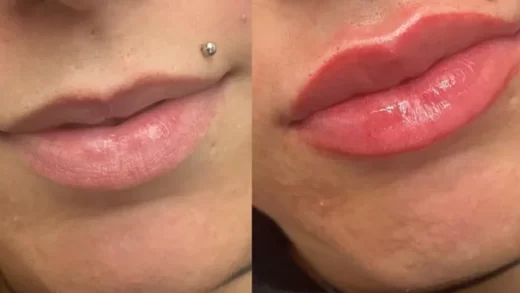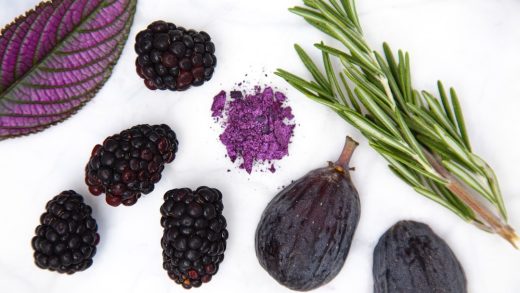Wounds are a common occurrence in our daily lives, ranging from minor cuts and scrapes to more severe injuries. While some wounds heal and disappear without leaving a trace, others can leave behind unsightly scars. Understanding the factors that prevent scarring can help in promoting effective wound healing. In this article, we will explore the various elements that contribute to keeping a wound from scarring.
The Role of Proper Wound Care
One of the key factors in preventing scars is proper wound care. Taking immediate action after an injury can significantly reduce the chances of scarring. Here are some essential steps:
- Clean the wound: Thoroughly cleanse the wound with mild soap and water to remove any dirt or debris.
- Apply an antiseptic: Apply an antiseptic solution, such as hydrogen peroxide or rubbing alcohol, to kill bacteria and prevent infection.
- Protect the wound: Cover the wound with a sterile dressing or bandage to protect it from further damage and external contaminants.
- Keep it moist: The use of moisturizing ointments or creams can help keep the wound moist, promoting faster healing and reducing the likelihood of scarring.
The Influence of Age and Genetics

Age and genetics also play a significant role in the scarring process. Younger individuals tend to heal faster and have a higher chance of complete wound recovery without scarring. Additionally, some people are genetically predisposed to scar more easily than others. Genetic factors can affect the production of collagen, the protein responsible for skin strength and elasticity. Those with abnormal collagen formation may have a higher risk of developing scars.
The Importance of Nutrition
Proper nutrition is essential for promoting wound healing and preventing scars. A balanced diet rich in vitamins and minerals is vital for maintaining healthy skin. Nutrients that are particularly beneficial for wound healing include:
- Vitamin C: Promotes collagen synthesis and strengthens the skin’s integrity.
- Vitamin E: Helps in reducing inflammation and preventing oxidative stress.
- Zinc: Plays a crucial role in collagen production and immune function.
- Protein: Provides the necessary building blocks for tissue repair and regeneration.
Ensuring adequate intake of these nutrients can support the healing process and minimize scarring.
Preventing Infection
Infection can significantly impact wound healing and increase the risk of scarring. It is crucial to keep the wound clean and sterile to prevent bacterial growth. Additionally, avoiding picking at scabs or scratching the healing wound can minimize the chances of introducing harmful bacteria, reducing the risk of infection and subsequent scarring.
Hydration and Sun Protection
Keeping the wound hydrated is critical for optimal healing and preventing scars. Properly moisturized skin is less prone to develop excessive scar tissue. Additionally, protecting the wound from sunlight can help prevent hyperpigmentation and reduce the appearance of scars. Applying sunscreen or covering the wound with clothing or a bandage can aid in minimizing the harmful effects of UV radiation.
While scars are a natural part of the healing process, taking certain precautions can help minimize their appearance and promote better wound recovery. Proper wound care, age and genetics, nutrition, infection prevention, hydration, and sun protection all contribute to keeping a wound from scarring. By implementing these measures, individuals can enhance their chances of achieving aesthetically pleasing and healthy skin following an injury.


